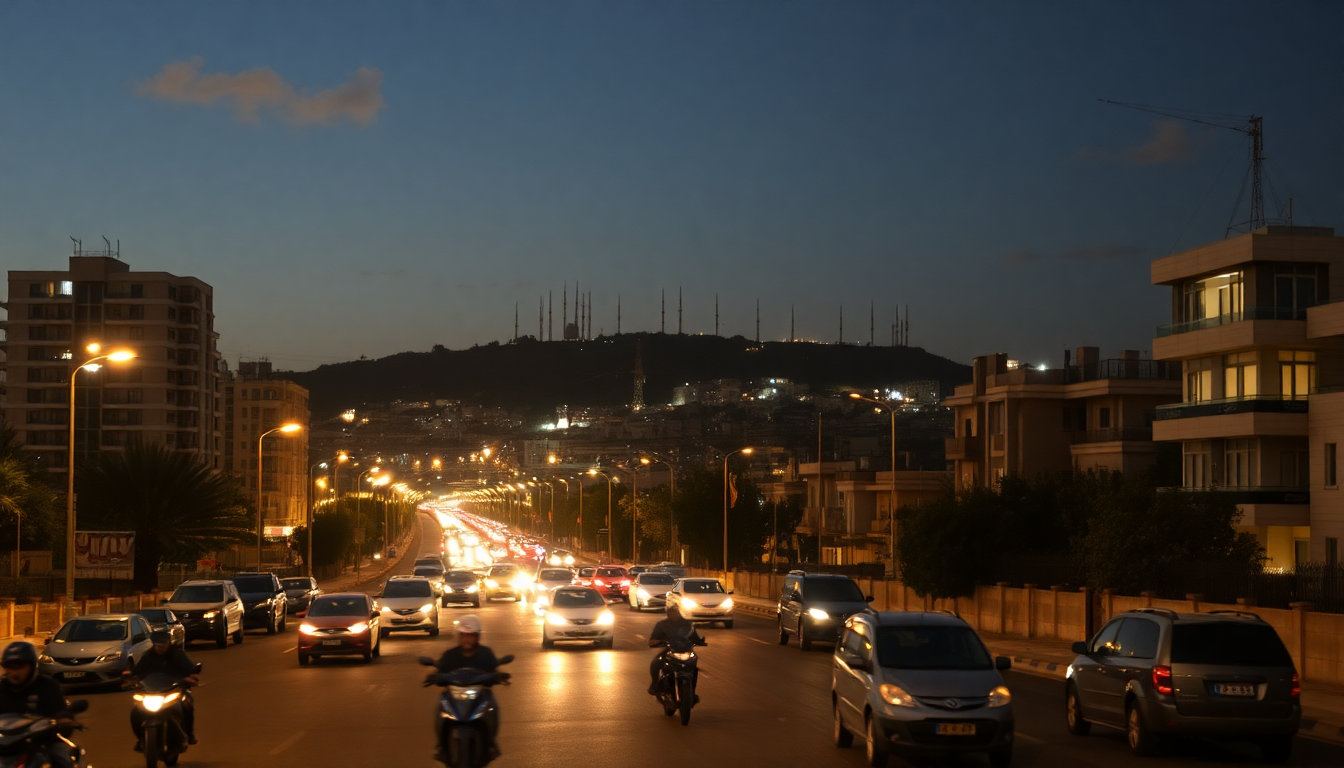Table of Contents
The geopolitical landscape of the Middle East is as complex as ever, with tensions between Iran and Israel reaching new heights. Have you ever wondered how diplomacy works in such a charged environment? Recent developments have showcased the unpredictable nature of negotiations in this region, as leaders navigate a web of alliances, hostilities, and shifting power dynamics. In this article, we’ll dive into these events, analyze their implications, and explore the broader context of Middle Eastern politics.
The Current State of Affairs: A Turbulent Ceasefire
When the announcement of a ceasefire between Israel and Iran hit the news, reactions ranged from skepticism to cautious optimism. Initially touted by President Trump as a promising step towards peace, this ceasefire seemed to offer a much-needed break from decades of hostility. But as we’ve seen before, such hopes can be fleeting. Violations from both sides quickly compromised the stability of the ceasefire, with an Iranian missile strike resulting in casualties among Israeli civilians. This unfortunate escalation didn’t just raise eyebrows; it ignited a furious response from the U.S. administration.
Frustration was palpable as President Trump criticized both nations for their failure to adhere to the ceasefire terms. His remarks highlighted the precariousness of peace in a region where historical grievances and strategic interests often collide. So, what does this mean for international leaders trying to mediate conflicts in the Middle East? It underscores the daunting challenges they face.
The Role of Key Political Figures
During this tumultuous period, key political figures have played crucial roles in shaping the narrative. President Trump’s approach has been a mix of aggressive posturing and attempts at diplomacy—sometimes leaving observers scratching their heads. His rhetoric, which can be incendiary, reflects a broader strategy aimed at asserting U.S. influence while navigating the complexities of regional politics. But how effective is this strategy in the long run?
On the other hand, Israeli Prime Minister Benjamin Netanyahu’s responses to the escalating conflict reveal the balancing act he must perform. His government faces mounting internal pressures, alongside the imperative to maintain a strong stance against perceived threats from Iran. The dynamics of their relationship are further complicated by the geopolitical aspirations of other nations in the region. It’s clear that both leaders must tread carefully in this volatile environment.
Implications for Regional Stability
The implications of the recent conflict stretch far beyond just Israel and Iran. The potential for a broader regional conflict is real, with various countries watching closely. The delicate balance of power in the Middle East means that any misstep could send shockwaves throughout the region, impacting not only Iran and Israel but also their allies and adversaries. Isn’t it fascinating how interconnected global politics can be?
Moreover, the U.S.’s role in this conflict continues to spark intense debate. Critics argue that unilateral actions, like military strikes, only serve to undermine diplomatic efforts and escalate tensions. Conversely, some believe that demonstrating military capability is essential to deter adversarial actions from nations like Iran. Where do you stand on this issue?
Looking to the future, the prospects for peace seem tenuous. The conflicting interests of regional powers, combined with the historical animosities that characterize Middle Eastern politics, suggest that achieving lasting stability will require sustained diplomatic efforts and a commitment to addressing the underlying issues that fuel conflict.
Conclusion: Navigating an Uncertain Future
In conclusion, the recent developments in the Iran-Israel conflict highlight the intricate and often unpredictable nature of Middle Eastern geopolitics. While the announcement of a ceasefire provided a brief glimmer of hope, the subsequent violations and harsh realities of regional politics remind us just how fragile peace can be.
As we move forward, it’s crucial that leaders prioritize diplomatic solutions and engage in meaningful dialogue. Only through concerted efforts to address the underlying causes of conflict can we hope to navigate the uncertain waters of Middle Eastern relations and build a more stable future for everyone involved.


